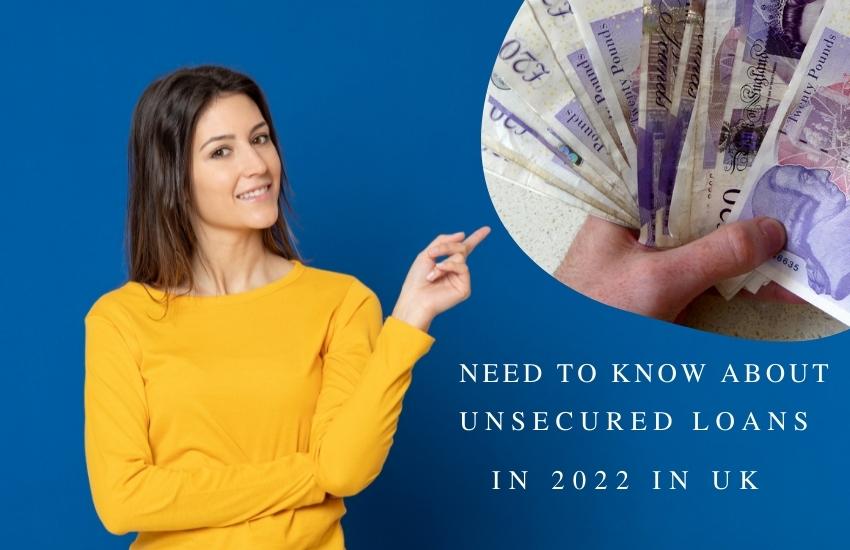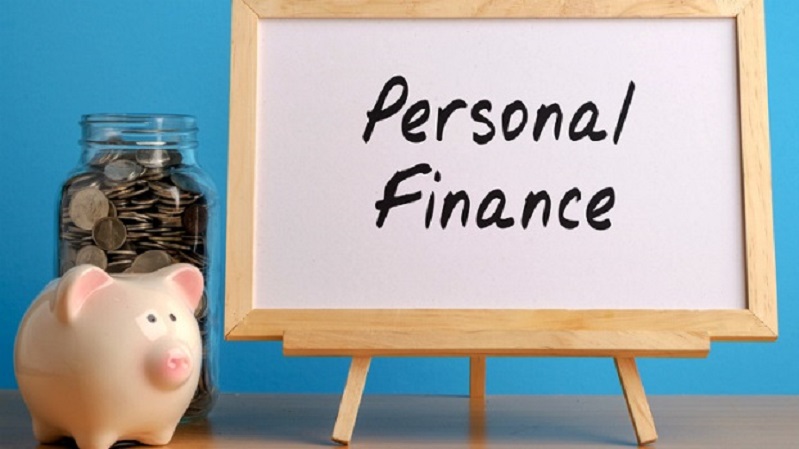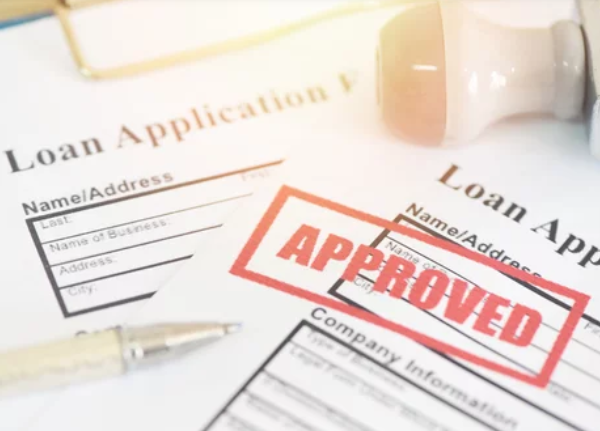Unsecured loans, which are also called personal loans, let people borrow money from a bank or building society without having to put up anything as security in case they can’t pay back the loan.
If you need to opt for a secured loan, putting up an asset as collateral becomes more or less mandatory. Usually, this would be your home. If you are unable to pay back the loan, the lender has the right to take ownership of your home.
Unsecured loans, like debt consolidation loans for bad credit in the UK from a direct lender, are usually available for amounts between £1,000 and £25,000. You have to repay the loan and the interest every month. You need to decide, particularly on the term of loan repayment. Usually, it is between 1 and 7 years.
What are unsecured loans?
An unsecured loan is money borrowed from a lender and repaid with interest over time. Payments are usually made in monthly instalments over a certain amount of time, which is usually between one and seven years.
Because you don’t have to put up any kind of collateral to get this loan, it is called an unsecured loan. Lenders will often look at your credit history and your current financial situation to decide how much money you can borrow and what your interest rate will be.
Pros and Cons of Unsecured Loans
Pros:
- Most of the time, your monthly payments are set, which makes it much easier to make a budget.
- If you get a personal loan, you can borrow more money than if you used a credit card.
- Most credit card companies have higher interest rates than this one does.
Cons:
- If you pay off your loan early or spend more than you borrowed, you might have to pay an extra fee.
- Even if you can pay it off sooner, the minimum term is usually still a year.
- Since the usual minimum loan amount is £1,000, you run the risk of getting a loan for more money than you need.
How can I use unsecured loans?
Unsecured loans are a good way to pay for big expenses that you might not be able to pay for with your own money, like a new car, home improvements, or a wedding.
On the other hand, if you have multiple loans from different lenders, you can combine them into a single loan that is easier to manage.
Types Of Unsecured Loans
When there is a discussion around unsecured loans, they are usually talking about the plenty of short-term and long-term loans. These funding options one can get from mainstream lenders, peer-to-peer lenders, or the direct lenders.
Credit cards are another example of unsecured financing. When you use your credit card or another line of credit to buy something, you are borrowing money that is not backed by something you already own, like your house.
How much do unsecured loans cost?
The amount of funds you have to settle back on an unsecured loan relies on the interest rate and the measurement of the loan. If you have to pay interest over a longer period of time, the total cost of the loan may end up being higher in the long run, even though your monthly payments will probably be lower.
As an example, let’s use a £5,000 loan with an annual percentage rate (APR) of 3.4%. If the loan were taken out for two years, the total amount that would need to be paid back would be £5,179, and the monthly payments would be £215.79.
If the borrower chose to pay it back over five years, however, the total amount that would need to be paid back would go up to £5,444.10, but the monthly payments would go down to £90.73. This means that the total amount owed for fees and interest on a two-year loan is £179, while the total amount owed on a five-year loan is £444.10.
Banks will sell loans with a standard APR, but the lender institution is only obligated to provide it to 51% of borrowers. If you have good credit, you have a better chance of getting the rate offered, but it will depend on several factors, such as your credit score and personal financial situation.
How do I acquire an unsecured loan?
When you use it for a loan, the lender will request fundamental knowledge concerning you and your finances, like your name, address, age, occupation status, wages, and living expenses. This information is needed so that the lender can confirm that you are who you say you are, that you live in the United Kingdom, and that you will be able to meet its criteria for lending.
After that, the lender will do a hard credit check through a credit reference service to see if you have a history of successfully paying back credit or if you have missed or paid them late in the past.
If a lender finds out that you had tried to get a loan before and were turned down, they may be less likely to give you one because it could mean that you are having trouble making ends meet.
Before you fill out the application, you should think about whether or not you want to pay off the loan early. Some lenders demand a fee, but not all. However, beware of debt consolidation loans for bad credit in the UK from a direct lender who can increase the interest amount over time.
Conclusion
Which offer is best for you will rely on your precise circumstances. Still, keep in mind that there may be other better options.
You should consider the many ways an unsecured loan differs from a secured loan before deciding which type of loan will best meet your needs. You should also consider whether you need help with money in the form of a loan at this point in your life.
Spending money with a credit card or going into an overdraft could sometimes lead to lower overall costs and easier transactions, especially if you need a small amount or can find offers with no interest. To go this route, you must be very careful about the loan options.
The interest rates could be very high, and your credit card debt could quickly get out of hand and be hard to handle.





